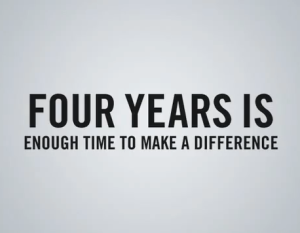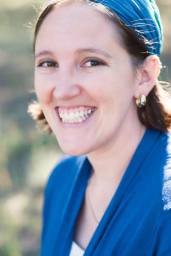 As Melissa mentioned, she and I were at an event where we got to talk to several rebbetzins in the field. As we sat around the table, I realized, possibly for the first time, that our time as students is ending. Real life is just around the corner.
As Melissa mentioned, she and I were at an event where we got to talk to several rebbetzins in the field. As we sat around the table, I realized, possibly for the first time, that our time as students is ending. Real life is just around the corner.
The rebbetzins spoke about their journeys – the first congregations, where they met their husbands. Most knew already that their husbands were rabbis – unlike us, who came to it already in the relationship. But R graduates in a few short weeks, and we already know where we’ll be next year (more on that to come, I promise), and so my perspective has shifted. The questions about work-life balance aren’t theoretical, but will rapidly become practical.
It made me realize, also, how much time has passed since we started this journey to the rabbinate, and how different (or not) it looked from what I expected. From my computer in Chicago, I had no idea what to expect. I still don’t yet know the day-to-day realities of “rebbetzining” in a congregation. But I know a lot more than I knew then.
In the past four years:
- I’ve started and finished a graduate school program in Non-Profit Management and Jewish Studies (thanks NYU!)
- I’ve held several internships and job
- R started rabbinical school, set to graduate in June
- R started a master’s in Modern Jewish History at YU, set to graduate in two weeks
- We haven’t moved anywhere, although the bookcases in the apartment are multiplying (they’ve doubled in the time we’ve been here!)
- We’ve met amazing, wonderful, intelligent people that we’re honored to call colleagues and friends
- Almost five months ago, after two years of struggling with infertility, I gave birth to our beautiful daughter. I’ll write more about that journey soon.
So much has happened, and yet, so much will happen in the next few months. R and I both feel like this is the year we become adults – parents and a new career direction. Life changes like this make me introspective, so I have sense that there will be more posts like this. I also have a whole set of posts languishing in drafts. Watch this space.








